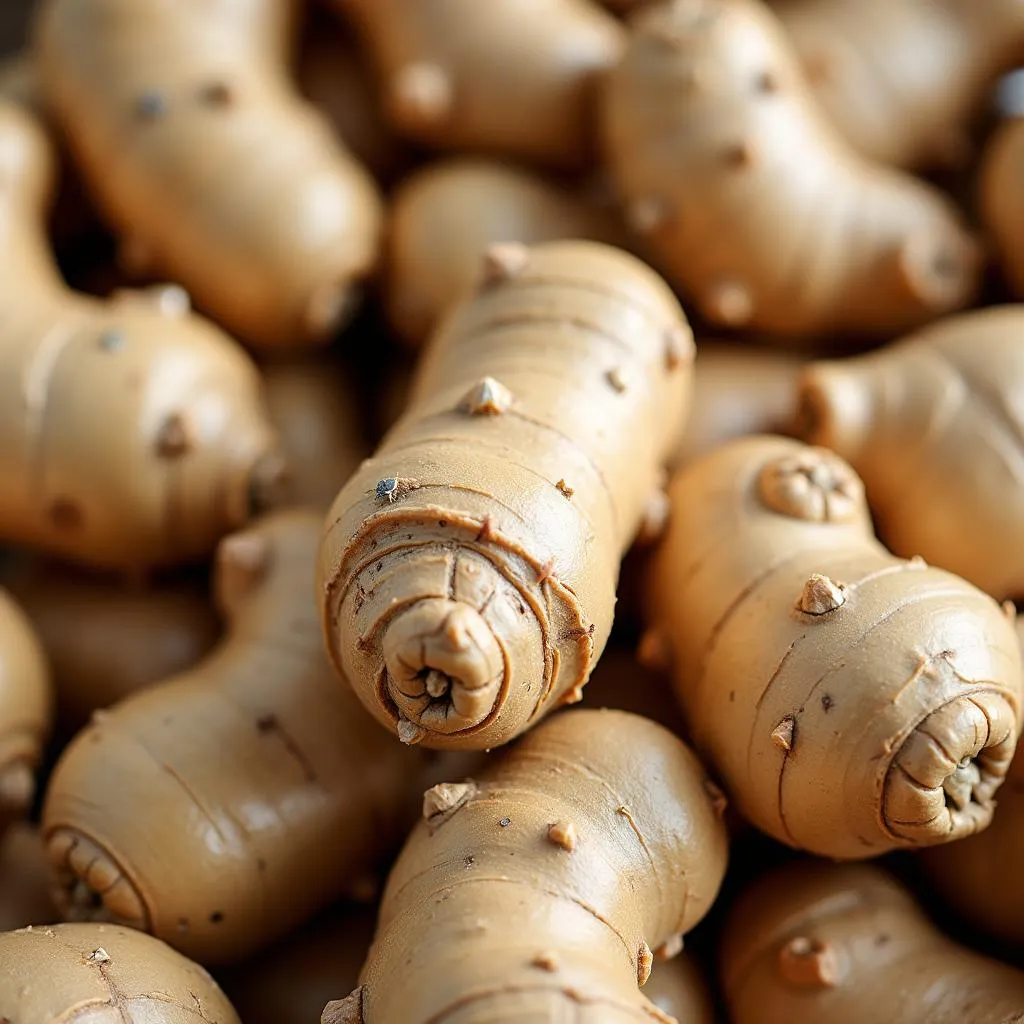Discovering the African Heritage Diet
The African Heritage Diet is a way of eating based on the traditional foods of people with African roots. It emphasizes whole, unprocessed foods and reflects the diverse culinary traditions across the continent. This approach focuses on nutrient-rich ingredients and promotes a healthy lifestyle that goes beyond just what’s on your plate. Learn more about this vibrant and healthy way of eating.
What is the African Heritage Diet?
The African Heritage Diet draws inspiration from the food cultures of Africa, the Caribbean, and the American South, acknowledging the historical connections and adaptations that have occurred over time. It celebrates the rich diversity of flavors and ingredients found in these regions, emphasizing whole, plant-based foods like fruits, vegetables, whole grains, and legumes. It also includes healthy fats, lean proteins, and spices, creating a balanced and flavorful approach to eating. The diet encourages a shift away from processed foods, added sugars, and unhealthy fats, promoting optimal health and well-being. Choosing the African Heritage Diet means embracing a culinary journey filled with vibrant flavors and nutritious ingredients.
Following this dietary approach can help reduce the risk of chronic diseases like heart disease, type 2 diabetes, and certain types of cancer. The African Heritage Diet is not just a diet; it’s a lifestyle that connects us to our cultural heritage and promotes a sustainable, healthy way of living. It emphasizes the importance of communal meals and mindful eating, fostering a deeper appreciation for food and its role in our lives.
You can find more information about incorporating these principles into your everyday meals with resources like the African Heritage Diet Pyramid PDF. Check out african heritage diet pyramid pdf for a handy visual guide.
Key Components of the African Heritage Diet
Fruits and Vegetables: A Rainbow of Nutrients
The African Heritage Diet emphasizes a colorful array of fruits and vegetables. These provide essential vitamins, minerals, and antioxidants that contribute to overall health. From leafy greens like collard greens and spinach to vibrant fruits like mangoes and papayas, the diet encourages consuming a wide variety of produce to maximize nutrient intake.
Whole Grains: The Foundation of a Healthy Diet
Whole grains like millet, sorghum, and teff are staples in many African cuisines. These grains are rich in fiber, which aids digestion and helps regulate blood sugar levels. They also provide essential nutrients like B vitamins and iron.
Legumes: A Versatile Source of Protein and Fiber
Beans, lentils, and peas are prominent in the African Heritage Diet. They are excellent sources of plant-based protein and fiber, promoting satiety and contributing to a healthy gut microbiome. Legumes can be incorporated into various dishes, from stews and soups to salads and dips.
Healthy Fats: Nourishing the Body and Mind
The diet emphasizes healthy fats from sources like nuts, seeds, avocados, and olive oil. These fats are essential for brain function, hormone production, and overall well-being. They also provide flavor and contribute to a feeling of fullness.
While enjoying the rich flavors of African cuisine, you might also be interested in experiencing a different kind of cultural exchange, like attending an African Harvest Festival. These celebrations offer a glimpse into the agricultural traditions and vibrant communities that underpin the African Heritage Diet.
Lean Protein: Building and Repairing Tissues
The African Heritage Diet includes lean protein sources like fish, poultry, and beans. These provide the building blocks for muscle growth and repair. In moderation, lean meats are part of a balanced approach within this dietary framework.
What are the health benefits of the African Heritage Diet?
The African Heritage Diet offers numerous potential health benefits due to its emphasis on whole, unprocessed foods. Some of these benefits include improved heart health, better blood sugar control, reduced risk of certain cancers, and a healthier gut microbiome.
“Embracing the African Heritage Diet isn’t just about healthy eating; it’s about connecting with our roots and celebrating the rich culinary traditions of our ancestors,” says Dr. Anika Kwame, a registered dietitian specializing in African foodways.
How to incorporate the African Heritage Diet into your lifestyle?
Start by gradually incorporating more fruits, vegetables, whole grains, and legumes into your meals. Experiment with traditional African recipes and spices. Reduce your intake of processed foods, sugary drinks, and unhealthy fats. Mindful eating and enjoying meals with loved ones are also important aspects of the African Heritage Diet. Trying new recipes like African baked chicken can be a delicious way to start exploring the flavors of this diet. Even simple ingredient swaps can make a big difference. For instance, exploring African honey beans as a protein source adds unique flavor and nutritional value to your meals.
“The beauty of the African Heritage Diet is its adaptability,” shares Chef Kwesi Asante, a renowned expert in African cuisine. “You can easily integrate its principles into your existing cooking habits, creating healthy and flavorful meals that nourish your body and soul.”
Conclusion
The African Heritage Diet provides a framework for a healthy and fulfilling way of eating. By embracing the traditional foods and culinary practices of the African diaspora, you can nourish your body, connect with your heritage, and promote a sustainable lifestyle. The African Heritage Diet offers a path towards optimal well-being and a deeper appreciation for the rich culinary traditions of Africa.
FAQ
-
Is the African Heritage Diet suitable for vegetarians?
Yes, the emphasis on plant-based foods makes it easy to adapt for vegetarians. -
Where can I find African Heritage Diet recipes?
Numerous online resources and cookbooks offer a wide variety of recipes. -
Can I follow the African Heritage Diet if I have allergies or dietary restrictions?
Yes, the diet can be modified to accommodate various allergies and restrictions. -
What are some common spices used in the African Heritage Diet?
Ginger, turmeric, coriander, and cumin are frequently used. -
Is the African Heritage Diet expensive?
No, focusing on whole, unprocessed foods can be budget-friendly. -
How does the African Heritage Diet differ from other healthy eating plans?
It emphasizes cultural foods and traditions, promoting a holistic approach to well-being. -
Can children follow the African Heritage Diet?
Yes, it’s a healthy and nutritious way of eating for all ages.
For further support, please contact us at Phone Number: +255768904061, Email: kaka.mag@gmail.com or visit our address: Mbarali DC Mawindi, Kangaga, Tanzania. Our customer service team is available 24/7.


